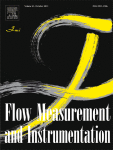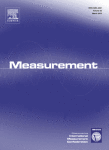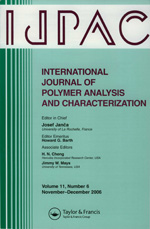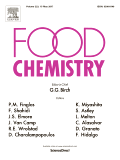 SCOPUS, the publication database maintained by Elsevier, has discontinued nearly 300 journals since 2013, including multiple journals published by OMICS Publishing Group.
SCOPUS, the publication database maintained by Elsevier, has discontinued nearly 300 journals since 2013, including multiple journals published by OMICS Publishing Group.
Although the reasons the widely used database gives for discontinuing journals often vary, in all cases OMICS journals were removed over “Publication Concerns.”
Here’s what SCOPUS said recently about how it vets journals:
Continue reading Multiple OMICS journals delisted from major index over concerns
 Ask and ye shall receive: A journal has retracted a 2014 paper by Paolo Macchiarini,
Ask and ye shall receive: A journal has retracted a 2014 paper by Paolo Macchiarini, 


 Yesterday we reported that
Yesterday we reported that  A computer scientist in Malaysia has lost two papers for faked peer reviews, and another for duplication. A fourth paper on which he is a co-author appears to have simply disappeared.
A computer scientist in Malaysia has lost two papers for faked peer reviews, and another for duplication. A fourth paper on which he is a co-author appears to have simply disappeared. After a research group submitted two similar papers only days apart to different journals, one journal has retracted the paper — and told the other it should do the same.
After a research group submitted two similar papers only days apart to different journals, one journal has retracted the paper — and told the other it should do the same. Journals have retracted two papers after they were flagged by a pseudonymous blogger, who suspected all had copied text from other sources.
Journals have retracted two papers after they were flagged by a pseudonymous blogger, who suspected all had copied text from other sources.